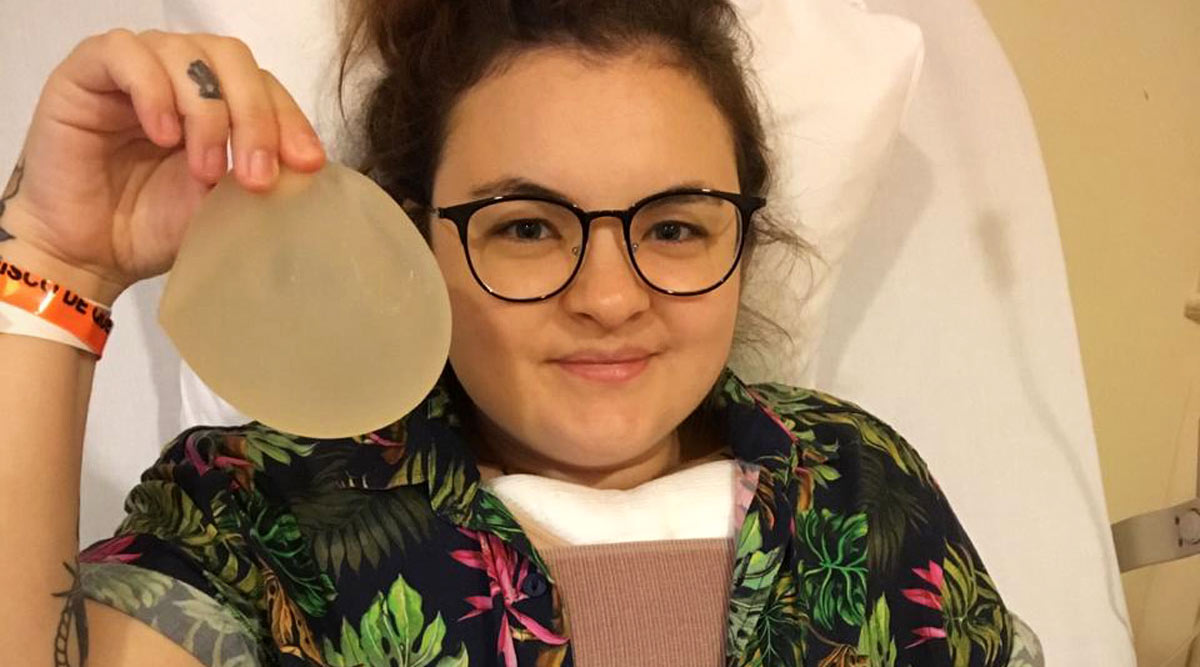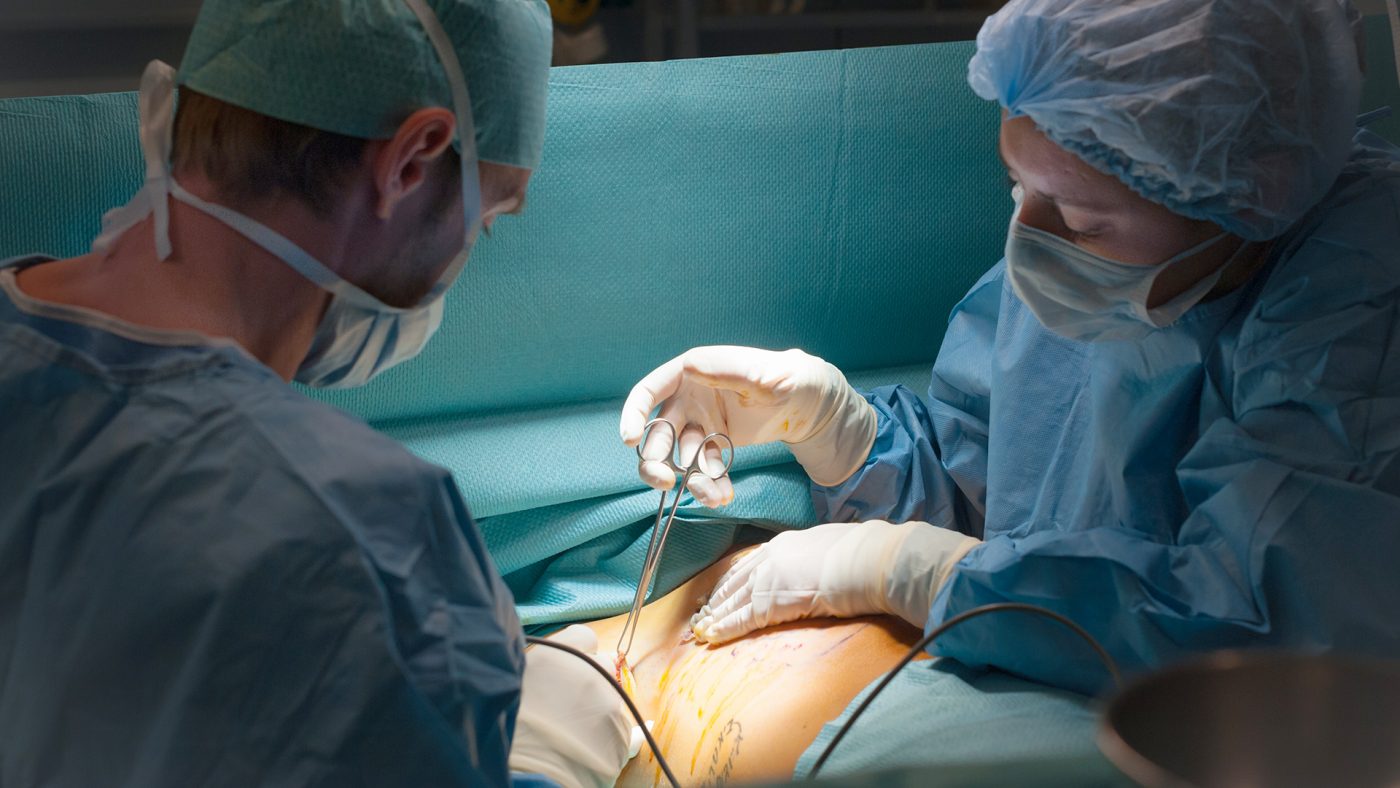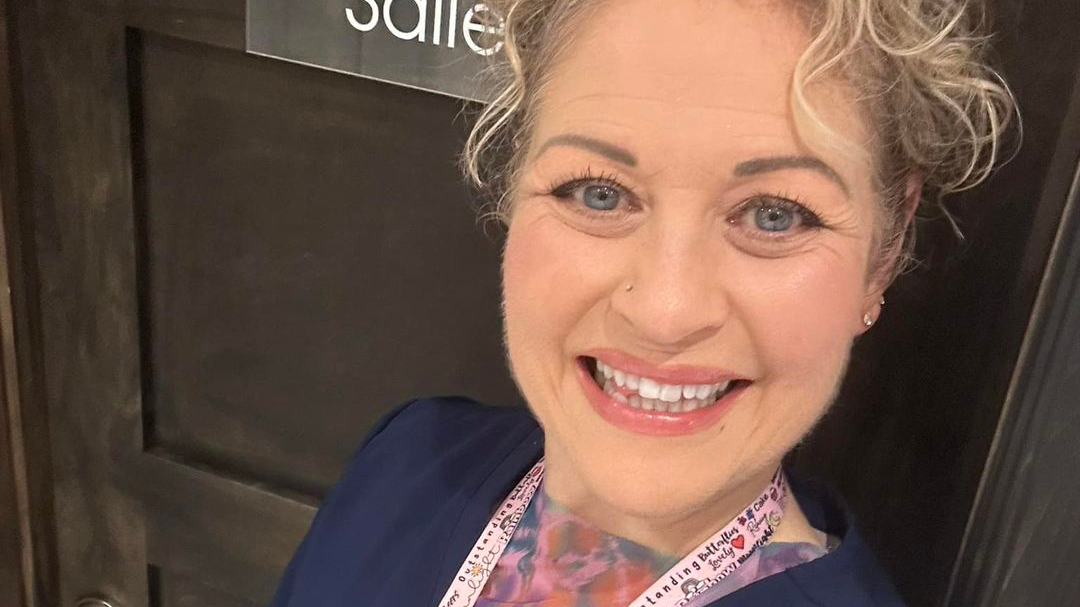A new study in a leading plastic surgery journal offers more evidence to support the existence of breast implant illness, a malady reported by thousands of women but dismissed as scientifically unproven by many plastic surgeons and some health authorities.
The study focused on 750 women who complained of fatigue, memory loss, joint and muscle pain and other symptoms after having received breast implants. It found that as a group, the women experienced significant relief from their symptoms within 30 days of having their implants removed.
“The data speaks for itself,” said Dr. Lu-Jean Feng, a plastic surgeon and an author of the study. “It’s much more likely that the illness is due to breast implants if the improvements are within 30 days.”
The study adds to growing evidence that some women suffer systemic health problems after getting breast implants. It is well known that breast implants can lead to physical injuries such as rupture, leaking and painful tightening of scar tissue around the implant, known as capsular contracture. But many plastic surgeons have long contended that there is not enough scientific evidence to conclude that breast implants can cause health issues that affect the whole body, such as autoimmune disease and cognitive decline.
In 2018, the International Consortium of Investigative Journalists revealed that thousands of women around the world were suffering from serious illnesses after receiving breast implants as part of its Implant Files investigation.
Among the investigation’s findings were that an increasing number of studies indicated that breast implants were associated with systemic health effects such as autoimmune and connective tissue disease. These illnesses took a devastating toll on patients’ lives, often leaving them unable to work, struggling to maintain relationships and suffering severe pain.
The new study by Dr. Feng is not the first to show improvements in women’s health after they had their breast implants removed. But it has several notable elements: it has a relatively large sample size and it shows that major improvements occurred within 30 days of removal. In addition, all the patients were operated on by the same surgeon, Dr. Feng, using the same technique, eliminating the possibility that differences between doctors or methods influenced its results.
The women were surveyed before and after their breast implants were removed, and asked whether they suffered from 11 symptoms commonly associated with breast implant illness, including hair loss, joint pain, chronic fatigue and hives. Patients were asked to rate symptoms on a scale of zero to five. The mean preoperative score was 26.19; it dropped by nearly two thirds to 9.49, after removal.
The study was published in the Annals of Plastic Surgery, a peer-reviewed journal for plastic surgeons.
Diana Zuckerman, the president of the health care policy think tank National Center for Health Research, said the publication was significant because it was a sign that the plastic surgery profession was beginning to accept the existence of breast implant illness.
“The plastic surgery journals have not been open to this kind of information,” Zuckerman said.
Breast implants are a crucial and lucrative product for plastic surgeons, and the breast implant business accounts for more than $1 billion in revenues each year.
The U.S. Food and Drug Administration has also shifted its stance on breast implant illness.
After long maintaining that there was insufficient evidence to connect breast implants and many symptoms reported by patients, the FDA now lists “Systemic symptoms Breast Implant Illness (BII)” among the risks and complications associated with breast implants, although it notes continuing scientific uncertainties.
“Symptoms such as fatigue, memory loss, rash, ‘brain fog,’ and joint pain may be associated with breast implants,” states the agency’s website.







